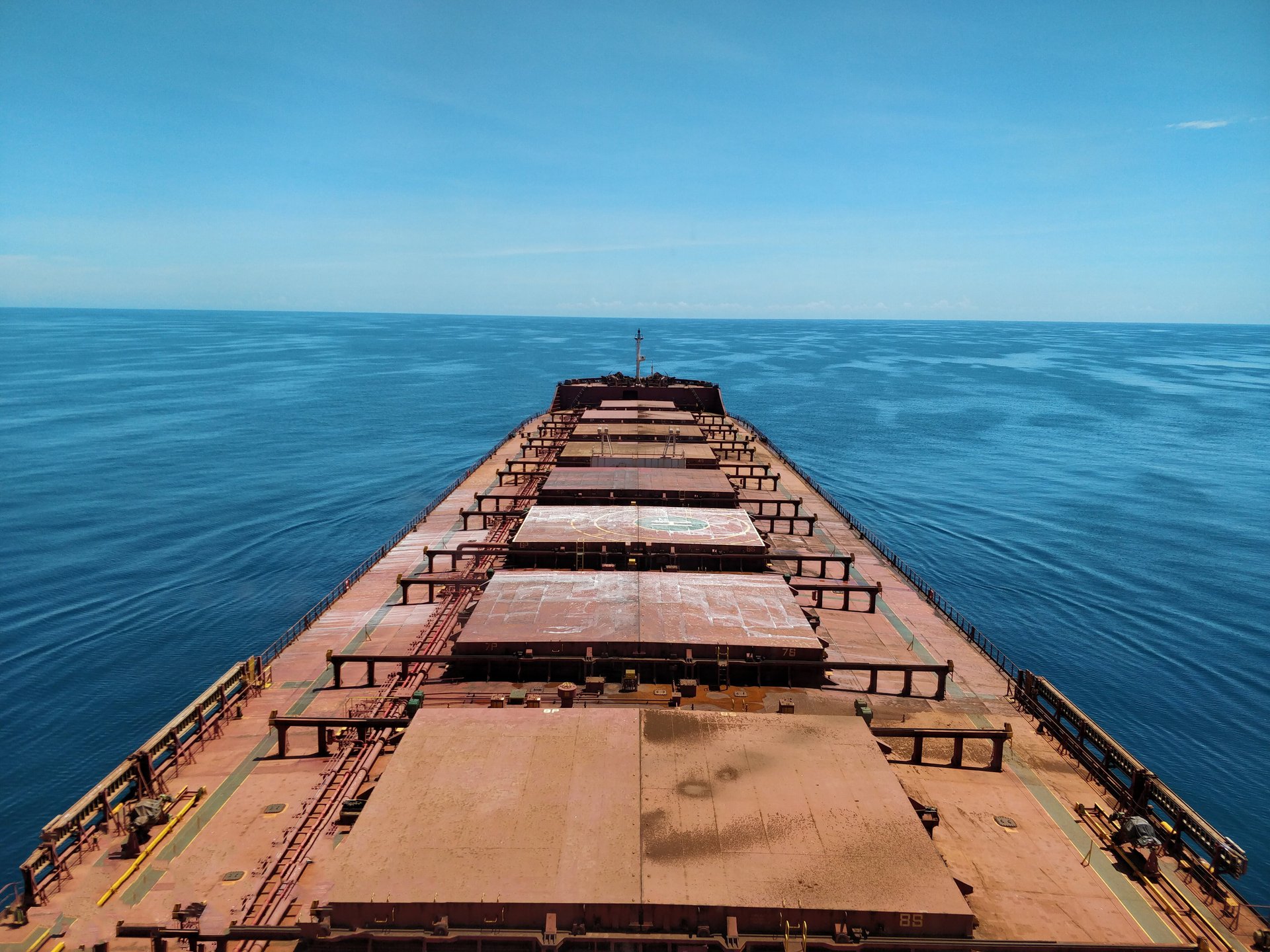Published on 04 Sep 2020
Seafaring and fishing have a long tradition in Myanmar. The iconic leg-rowing technique of traditional fishermen dates back to the 12th century and Myanmar teak once played a major role in British ship building. Since 1930, the Burmese have been working as seafarers aboard merchant ships. Around the same time, the “Nautical Adviser and Principal Port Officer” was established in Myanmar and in 1972 renamed to Department of Marine Administration. In 1976, BSM officially registered in Yangon making the Myanmar Crew Service Center (CSC) the first and oldest in the BSM network.
Myanmar seafarers play a key role in the country’s economy, representing a large share of the GDP. Today, a total of approximately 60,000 Burmese are working as seafarers, with roughly 30,000 currently being employed on board. The BSM Crew Service Center Myanmar (CSC) is carefully selecting and recruiting among this group in order to employ only the most skilled and experienced seafarers for their customers. Presently, the CSC Myanmar has around 800 crew in their pool, including 150 officers on various types of vessels, such as container ships, bulk carriers, product tankers, chemical tankers and gas tankers. Many of them have been servicing under the BSM fleet for more than 35 years.

Htun Oo, Director
Crew Service Centre Myanmar
CSC Myanmar Head Capt. Htun Oo, who started his career with BSM as a cadet, draws from his experience at sea, while leading this Center into the future. “Our aim is to increase our pool of skilled seafarers, by providing them with high-class training. In my opinion, quality isn’t only expressed in experience. Leadership skills as well as motivation and the willingness to work are still being underestimated and are equally important for a successful career on board.” He does not only argue the case for educating and training seafarers in the most effective way possible, but also for maintaining good relations and communications with his crew. Capt. Htun believes that this is key to the CSC’s success: “I respect and keep strong relations with our seafarers and am in constant exchange with them and their families.”
His biggest strength is currently his biggest challenge. With COVID-19 making crew changes extremely difficult due to governments closing borders and imposing travel restrictions on seafarers, Capt. Htun sees seafarers’ wellbeing threatened. “I experienced the life of a seaman myself and understand the distress that overdue crew is currently experiencing. I feel personally responsible for all the seafarers that we have recruited.”

